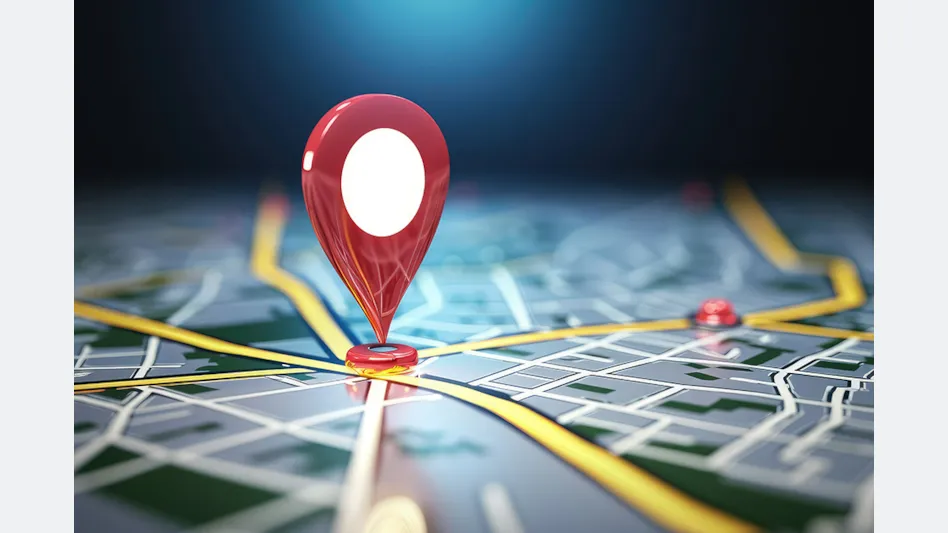| GET MORE GREEN |
For more news and information about green innovations in the industry, visit www.lawnandlandscape.com/green |
Four out of five people say they are still buying green products and services today — which sometimes cost more — even in the midst of a U.S. recession.
A new study commissioned by Green Seal and EnviroMedia Social Marketing and conducted by Opinion Research Corporation reveals peoples’ opinions and behaviors about products that claim to be environmentally friendly.
Half of the 1,000 people surveyed say they are buying just as many green products now as before the economic downturn, while 19 percent say they are buying more green products. Fourteen percent say they are buying fewer environmentally green products.
2009 National Green Buying Research
Other key findings in the new research conducted by telephone in a random-digit-dial sample:
Brand Reputation Matters More Than Ads
Twenty-one percent of consumers say a product’s reputation is the biggest factor they weigh when making purchasing decisions followed by word of mouth (19 percent) and brand loyalty (15 percent). Just 9 percent say green advertising is their primary influencer.
More “Green Claims” Education Needed
About one in three consumers say they don’t know how to tell if green product claims are true.
One in 10 consumers blindly trusts green product claims. Consumers are verifying green claims by reading the packaging (24 percent) and turning to research (going online, reading studies; 17 percent).
What Consumers Say Versus Do
While 87 percent of people surveyed say they recycle, the Environmental Protection Agency reports just 33 percent of our waste is diverted from landfills.
The other things people do are look for minimally packaged goods (60 percent), which is statistically tied with buying green cleaning products (58 percent). Buying green personal-care products came in at 31 percent.
"This research suggests that consumers are buying green products second only to participating in recycling,” said Arthur Weissman, Ph.D., Green Seal's President and CEO. "This increased consumer demand sends a signal to manufacturers to produce products that are truly green.”
Green Seal, an independent nonprofit product certification organization, and EnviroMedia Social Marketing are releasing the research Feb. 6 from the first-ever Greenwashing Forum in Portland, Ore. The forum, hosted by the University of Oregon, was inspired by the Greenwashing Indexsm, which was launched in January 2008 by EnviroMedia and the UO School of Journalism and Communication. Since the popular watchdog Web site was founded, consumers in 138 countries have been posting and rating ads to “out” greenwashers and showcase companies that employ sound environmental marketing efforts.
“There’s a real opportunity for authentic green marketing, despite the tough economy,” said Valerie Davis, EnviroMedia Principal and CEO. “This research proves people want to do what’s best for the environment, but it needs to be easy and accessible. Companies should be clear about the environmental benefits of their products and services and make sure what they claim in the TV ad is backed up consistently on product packaging and on the Web site.”
The margin of error on the 2009 National Green Buying Survey is +/- 3.2 percent.





